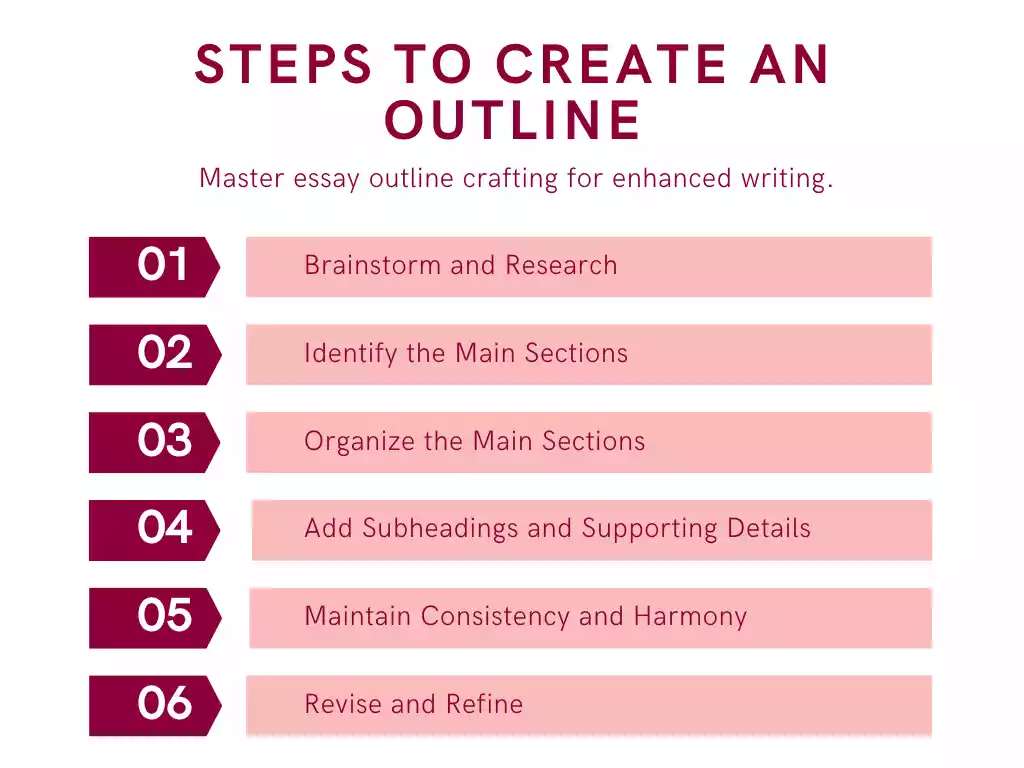Difference Between College and University: Which One to Choose?

When it comes to pursuing higher education, the terms “college” and “university” are often used interchangeably. But, there are significant differences between these two educational institutions.
In this article, we will look at the distinctions between a college and a university, including their definitions, academic programs, admission requirements, teaching styles, campus facilities, cost, global recognition, and career prospects.
By understanding these differences, it will be easier for you to make an informed decision about which educational path aligns best with your aspirations and goals.
Table of Contents
Definition and Scope of College
A college is an institution that offers undergraduate programs leading to a bachelor’s degree. It typically focuses on a specific area of study, such as liberal arts, sciences, engineering, or business.
Colleges tend to have a more narrow and specialized curriculum, providing students with in-depth knowledge and practical skills in their chosen field.
The class sizes are usually smaller, promoting closer interaction between students and professors.
Definition and Scope of University
A university, on the other hand, is a higher education institution that offers both undergraduate and postgraduate programs, including master’s and doctoral degrees.
It encompasses multiple colleges or faculties, each specializing in various disciplines. Universities provide a broader range of academic options, allowing students to explore different areas of interest and pursue interdisciplinary studies.
They often have larger campuses with extensive facilities and resources.
Academic Programs Offered
Colleges primarily focus on undergraduate programs. They offer a variety of bachelor’s degree options tailored to specific fields of study.
Students can choose from majors such as English, biology, computer science, or psychology. Colleges also provide associate degree programs, which typically take two years to complete and can serve as a stepping stone towards earning a bachelor’s degree.
While universities, on the other hand, offer a comprehensive range of programs at both the undergraduate and postgraduate levels.
In addition to bachelor’s degrees, they provide master’s and doctoral programs across various disciplines.
Universities have the advantage of offering a wider selection of academic paths and opportunities for specialization.
Admission Requirements
When it comes to admission requirements, colleges and universities may have different criteria and standards.
For colleges, admission is often based on factors such as high school grades, standardized test scores (e.g., SAT or ACT), recommendation letters, and personal essays.
Some colleges may require applicants to complete interviews or showcase their talents through portfolios or auditions, particularly for programs in the arts or performing arts.
Universities generally have more competitive admission processes. Along with high school grades and test scores, they often consider additional factors such as extracurricular activities, leadership roles, community involvement, and research experience.
Postgraduate programs at universities may require specific prerequisites, such as a bachelor’s degree in a related field and letters of recommendation.
Class Sizes and Student-Faculty Ratio
One notable difference between colleges and universities is the class sizes and student-faculty ratio. In colleges, classes tend to be smaller, providing a more intimate learning environment.
This allows for increased interaction and personalized attention from professors, fostering deeper engagement with the course material and collaborative discussions among peers.
Universities, due to their larger student populations, often have larger classes. While introductory courses can be sizable, students have the opportunity to enroll in smaller, specialized classes as they progress in their studies.
The student-faculty ratio may be higher in universities, but they also offer resources such as teaching assistants and office hours to support students’ academic needs.
Teaching Styles and Learning Environments
In terms of teaching styles, colleges and universities may have varying approaches. Colleges often emphasize a more intimate and interactive teaching environment, with professors actively engaging students through discussions, case studies, and hands-on activities.
The focus is on deepening conceptual understanding and practical application of knowledge within the chosen field of study.
Universities, given their larger scale, may adopt a combination of teaching methods. While lectures remain an integral part of the learning process, universities also provide opportunities for research, group projects, and independent study.
They encourage students to explore diverse perspectives, think critically, and develop analytical skills that extend beyond the boundaries of a single discipline.
Research Opportunities
Another aspect where colleges and universities differ is the availability of research opportunities. While both institutions value research, universities often have more extensive resources and funding for research projects.
They have dedicated research centers, laboratories, and collaborations with industry partners, allowing students to engage in cutting-edge research within their field of interest.
This exposure to research can be particularly beneficial for those considering careers in academia or specialized fields.
Colleges, although they may have limited research opportunities, still offer valuable hands-on experiences and internships that enable students to apply their knowledge in real-world settings.
This practical approach to learning equips students with the necessary skills and prepares them for the workforce.
Campus Facilities and Resources
When it comes to campus facilities and resources, universities typically have a broader range of amenities due to their larger size and diverse departments.
They often boast libraries with extensive collections, advanced laboratories, sports facilities, student centers, and various student organizations.
Universities may also have collaborations with external institutions, providing access to additional resources, research databases, and internships.
Colleges, while they may have smaller campuses, strive to provide students with essential resources tailored to their respective disciplines. These can include specialized libraries, industry-standard equipment, studios, or workshops.
The focus is on creating an environment conducive to learning and skill development within a specific field.
Cost and Tuition
The cost of attending college or university is an important consideration for many students and their families.
Generally, college tuition tends to be lower compared to university tuition. Colleges often have a more streamlined curriculum and fewer administrative costs, which can contribute to reduced tuition fees.
In addition, some colleges offer more generous financial aid packages or scholarships that can alleviate the financial burden.
Universities, with their broader range of programs and facilities, may have higher tuition fees. But, universities also have greater resources and funding opportunities available.
Many universities offer financial aid programs, grants, and scholarships based on academic merit, financial need, or specific talents.
Global Recognition and Prestige
The global recognition and prestige associated with colleges and universities can vary. While both types of institutions can offer quality education, universities often have a higher level of recognition due to their comprehensive offerings, research contributions, and established reputations.
Universities with renowned faculties or departments in specific fields may be highly regarded both nationally and internationally.
Colleges, although they may have a narrower focus, can also be recognized for their excellence in particular disciplines.
Some colleges may have longstanding traditions or be known for producing notable alumni who have excelled in their respective fields.
Career Prospects
When considering career prospects, both colleges and universities can equip students with the knowledge and skills necessary for their chosen professions.
Colleges tend to provide specialized training and practical skills relevant to specific industries.
This focused approach can be advantageous for students seeking immediate employment after graduation, as they acquire hands-on experience and industry-specific expertise.
Universities, with their broader educational framework, offer a more comprehensive understanding of subjects and foster critical thinking skills.
This can be beneficial for students pursuing careers that require a deeper understanding of complex concepts or those interested in research, academia, or leadership roles in their field.
Wrap Up
While the terms “college” and “university” are often used interchangeably, there are notable differences between these educational institutions.
Colleges focus on undergraduate programs with specialized curricula, smaller class sizes, and a more intimate learning environment.
On the other hand, universities offer a broader range of academic programs, including undergraduate and postgraduate degrees, extensive resources, and larger campuses.
Having a good understanding of these distinctions can help prospective students make informed decisions about their educational paths.
FAQs
- What is the main difference between a college and a university? The main difference lies in the scope of programs offered and the size of the institution.
Colleges typically focus on undergraduate programs and have smaller campuses, while universities offer undergraduate and postgraduate programs and have larger campuses. - Do universities always have higher tuition fees than colleges? Generally, universities have higher tuition fees due to their broader range of programs and resources. However, financial aid and scholarships are often available to help alleviate the costs.
- Are universities more prestigious than colleges? While universities may have higher global recognition, both colleges and universities can offer quality education and have their own areas of specialization and prestige.
- Which institution is better for research opportunities? Universities typically have more extensive research opportunities due to their resources and funding, but colleges may still offer valuable hands-on experiences and internships.
- Can you switch from a college to a university or vice versa? It is possible to transfer from a college to a university or vice versa, depending on the specific circumstances and requirements of the institutions involved.
It is important to research and consult with academic advisors for the best course of action.





